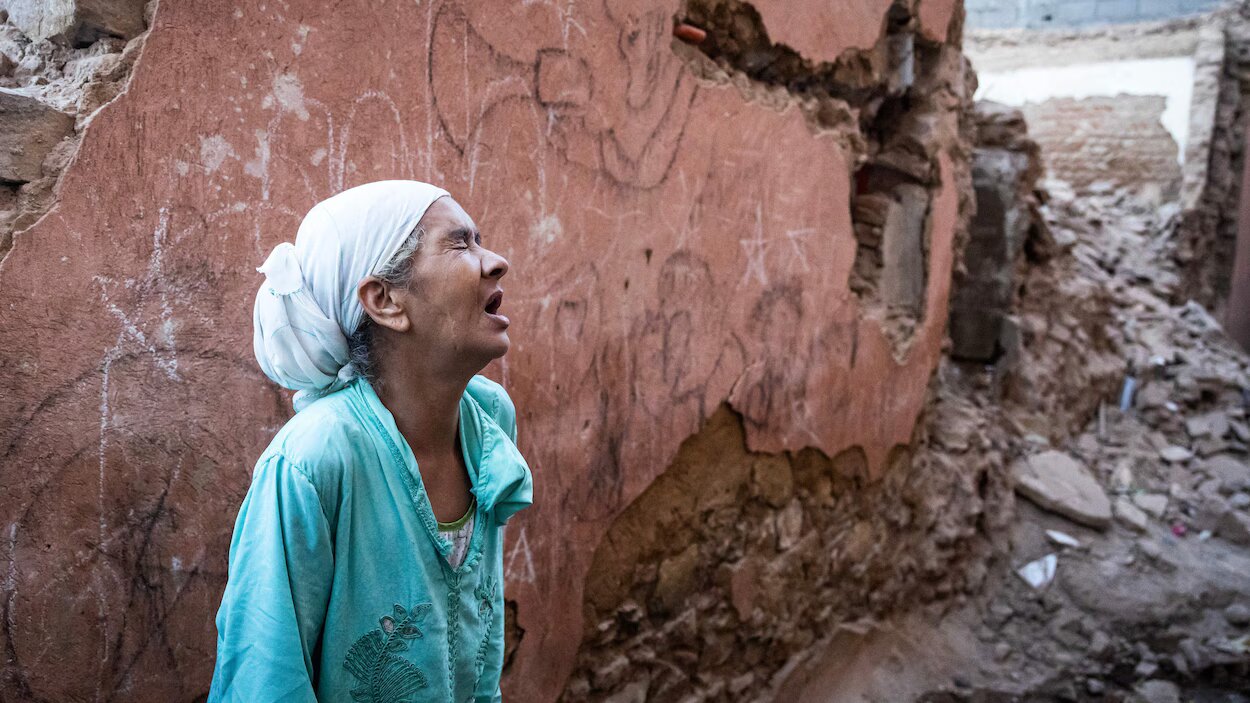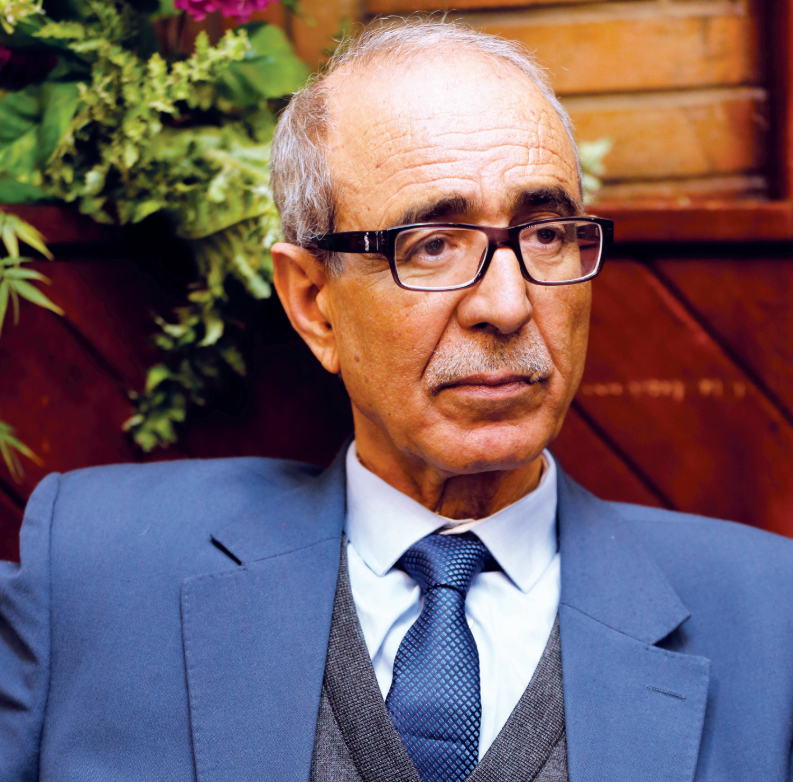And on top of that, disasters cost Morocco more than 575 million dollars per year. “Urbanization and climate change are expected to further exacerbate disaster risks in Morocco, mainly through an increase in the frequency and severity of hydrometeorological hazards,” she predicts.
With the support of the World Bank, the report continues, Morocco has made significant progress since 2008 in strengthening its resilience to disasters and climate change. “This included a gradual transition from a post-disaster approach focused on emergency response to strengthening ex ante resilience, including scaling up risk reduction, disaster preparedness and financial protection,” she explains.
Through various operations and technical assistance activities, the World Bank has supported a change in public policy from an ex-post emergency response approach to a more integrated approach to disaster risk management, with a strong emphasis on disaster risk reduction and financial preparedness. says the World Bank. Three World Bank operations, totaling $580 million, promoted institutional reforms, capacity building, investments in risk reduction and the establishment of comprehensive financing and insurance against catastrophe risks, we read.
These operations were complemented by a range of technical assistance activities on issues such as urban resilience, critical infrastructure resilience, strengthening building regulations and disaster risk financing.
The following year, i.e. In 2021, the government developed a first National Disaster Risk Management Strategy. The strategy resulted in a priority action plan (2021-2023) and an operational action plan (2021-2026), which include 18 programs and 57 projects currently being implemented.
Similarly, an innovative disaster risk insurance policy (Law No. 110-14) was passed in 2016 and entered into force in January 2020. The law introduced a private insurance scheme covering more than 17 million people. To complement this program, the government has created a Public Solidarity Fund (FSEC) to cover the rest of the uninsured population, including poor and vulnerable households who cannot afford private insurance. Following the Al-Haouz earthquake on September 8, 2023, this fund released approximately $300 million to cover eligible losses, the World Bank reports. It also underlines that “since 2023, a new early warning system for flood risks has been operational in four pilot areas (Mohammedia, Gharb Region, Ourika Valley and Guelmim Province), directly benefiting approximately 240,000 people. To strengthen the resilience of vital infrastructure, a draft national guideline and a practical guide have also been developed in collaboration with more than thirty government institutions.
The World Bank also reminds us that in 2022 the Kingdom has developed a disaster risk model that makes it possible to estimate the economic impact of disasters (earthquakes, floods, tsunami, drought and landslides). Since 2021, the FSEC has been conducting new disaster risk modeling to estimate the financial costs of earthquakes, floods and landslides, it is highlighted.
In the same vein, a National Risk Observatory within the DRM Directorate is currently being strengthened, with a view to full operationalization.
The impact of the 2023 Al-Haouz earthquake underlines the critical importance of disaster risk reduction and preparedness for Morocco, the World Bank concludes.




